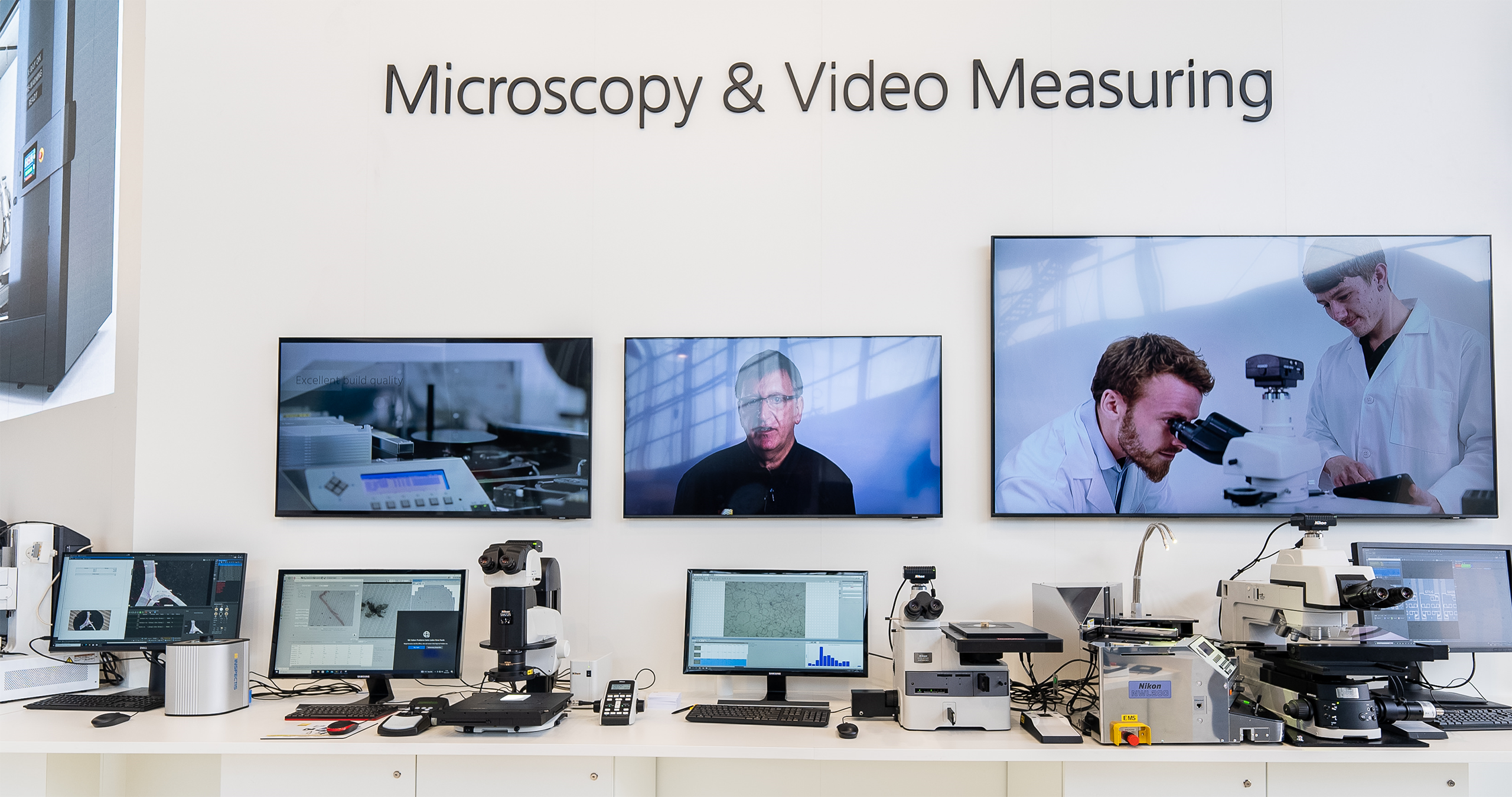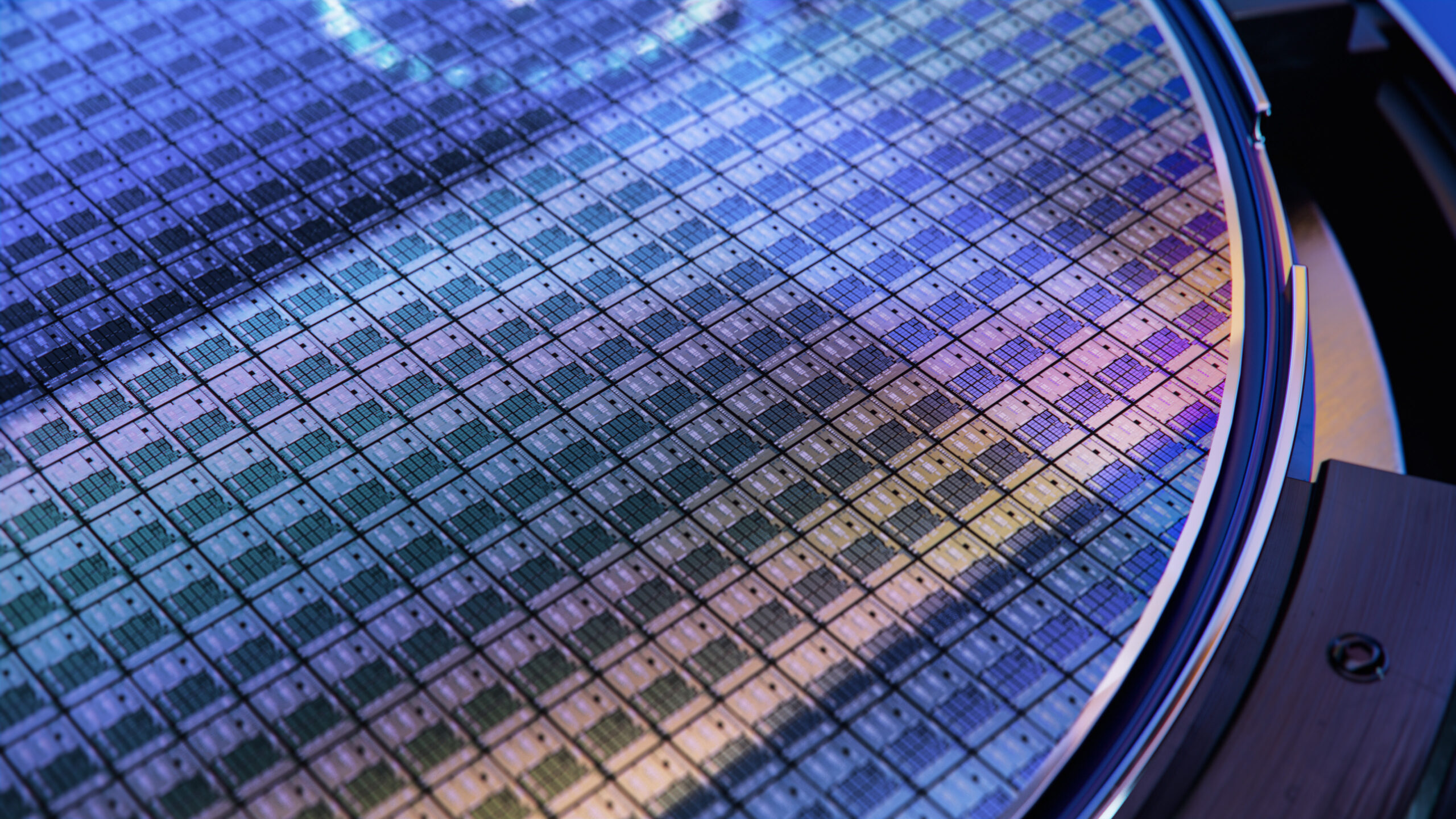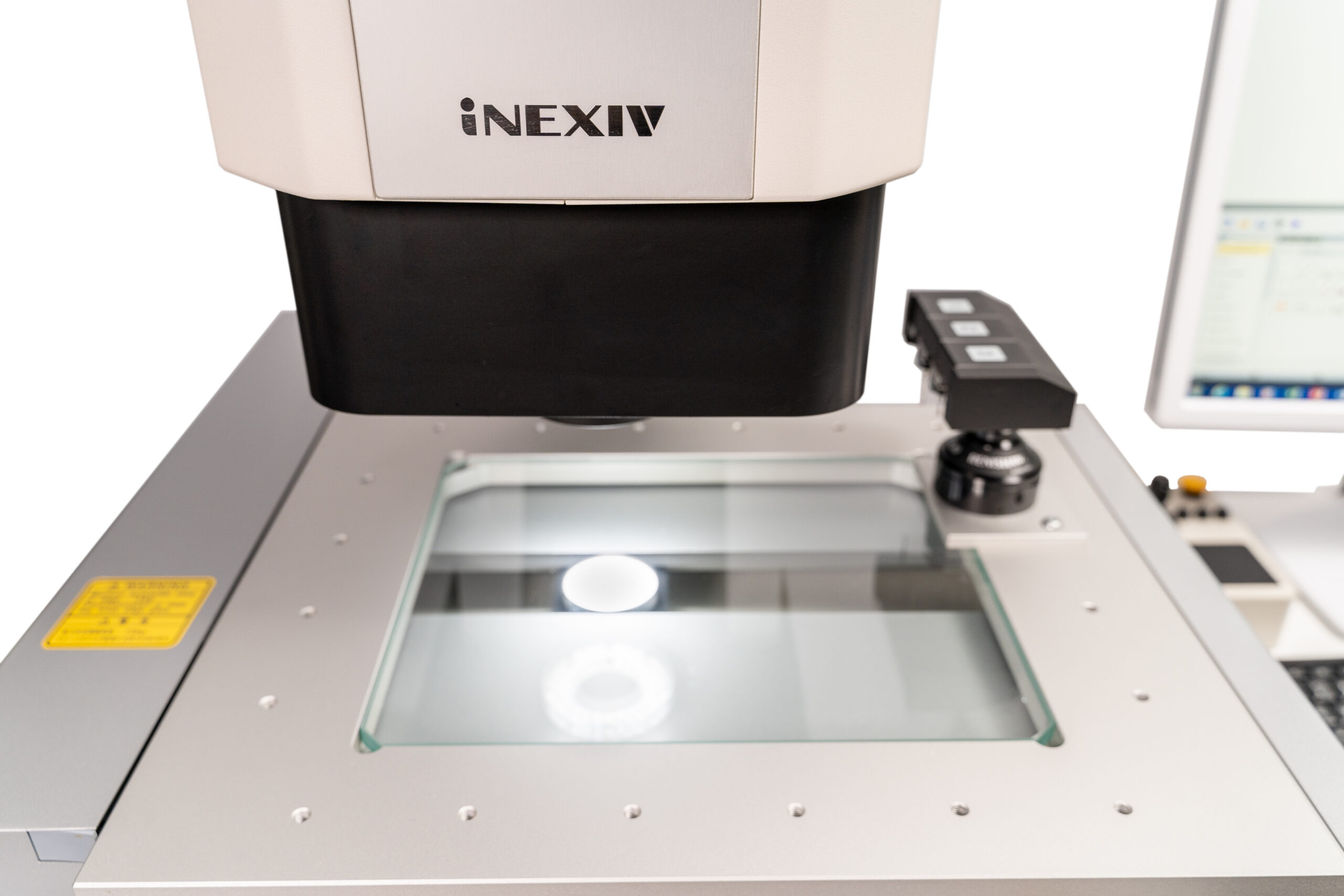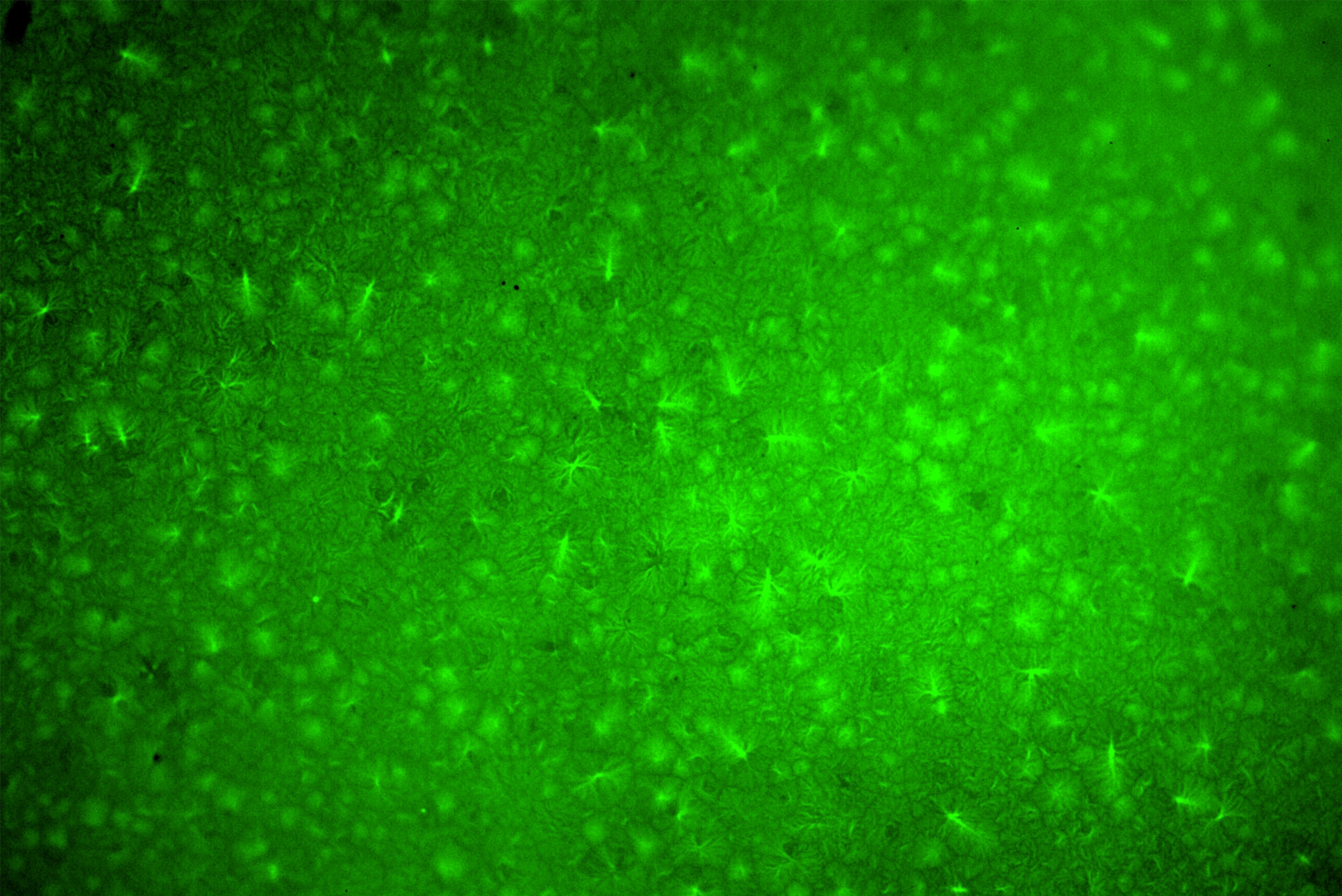The future of science education has arrived at the University of Plymouth, where Europe’s first 5G interactive microscope labs are transforming how students learn, thanks to a partnership with Nikon and Ostec Instruments.
Nikon has partnered with the University of Plymouth and Ostec Instruments to establish Europe’s first 5G interactive microscope labs. This state-of-the-art facility revolutionises science education by giving students unprecedented access to industry-leading microscope technology.
The labs have transformed learning experiences in various disciplines, including earth, marine, and biological sciences, enhancing both theoretical understanding and practical skills.
The University of Plymouth, a world-leading institution known for its contributions to research and innovation across many academic subjects, sought to enhance its curriculum in line with the United Nations Sustainable Development Goals. To achieve this, it focused on integrating advanced technology to improve the accessibility and depth of scientific education for its students.
Nikon, recognised for its world-class optics and metrology solutions, joined the project as a key partner, providing the microscopes that would form the backbone of the labs and help meet objectives, including:
- Equip students with advanced microscopy tools to examine geological and biological specimens in detail.
- Facilitate the exploration of critical global issues, such as climate change, biodiversity and the energy transition, using cutting-edge technology.
- Provide a fully interactive and accessible learning environment, enabling real-time sharing of observations via 5G connectivity.
- Align educational practices with real-world professional standards to better prepare students for future careers.
The labs feature 140 microscopes, comprising 60 polarising microscopes, 20 biological microscopes, and 60 low-power microscopes for larger specimens. Each microscope stand includes a digital screen to enhance accessibility, which can be linked to others in the lab, facilitating group learning and sharing detailed views of samples. Lecturers have access to their camera setups, allowing them to broadcast demonstrations directly to the student workstations and assess what the students are viewing on one screen to enable live feedback and imaging sharing throughout teaching sessions.
Nikon’s role in this collaboration was pivotal. By supplying advanced microscopes with high-precision optics, the company ensured that students could explore microfossils, rock mineralogy and textures, pollen grains, and marine species at a level of detail previously inaccessible in academic settings. The integration of 5G technology further enhanced this experience by enabling real-time interactivity and mobile accessibility for students.
Preparing students for professional environments
The introduction of these labs has had a transformative impact on the student learning experience at the University of Plymouth. Students can now engage deeply with various biological and geological samples, gaining insights into the natural world with a level of clarity and accuracy afforded by Nikon’s advanced optical solutions.
These facilities also prepare students for the professional environments they will encounter after graduation, where similar or even more advanced systems are used.
Dr Matthew Watkinson, Associate Professor in Energy Geoscience and Earth Sciences programme lead at the University of Plymouth, said: “This world-leading interactive digital network propels the teaching and learning of microscopy at University of Plymouth into the future. It’s enabling our students to develop skills more effectively, and dramatically enhances their ability to analyse rocks, fossils, minerals and biological specimens more deeply. As educators, the system allows us to target support, and interact with students so much more excitingly and effectively: it’s like coming out of the Dark Ages!”
From Nikon’s standpoint, this project aligns with the company’s mission to provide smart solutions that enhance educational and professional capabilities. “Nikon Metrology prides itself on creating smart solutions which offer universities the ability to enhance the student learning experience with quality Nikon Optics and know-how,” said John Moore, European Sales Director for Microscopy at Nikon. “We are very pleased to see leading-edge Nikon microscopes being part of the first 5G interactive microscopy laboratories.”
The partnership between Nikon, the University of Plymouth, and Ostec Instruments has set a new standard for science education. By leveraging Nikon’s high-quality microscopes and cutting-edge optics technology, the project has improved the depth of scientific exploration for students and aligned academic learning with the professional standards of today’s scientific industries. Nikon’s contribution to the creation of Europe’s first 5G interactive microscope labs is a testament to its commitment to advancing knowledge and empowering future scientists.
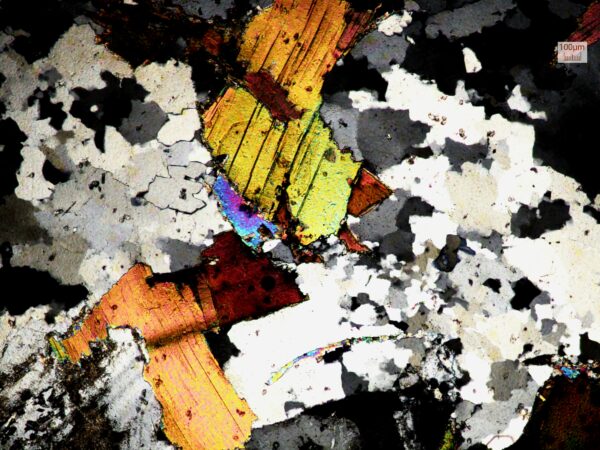
Dartmoor Granite – Image taken on Nikon’s microscope

